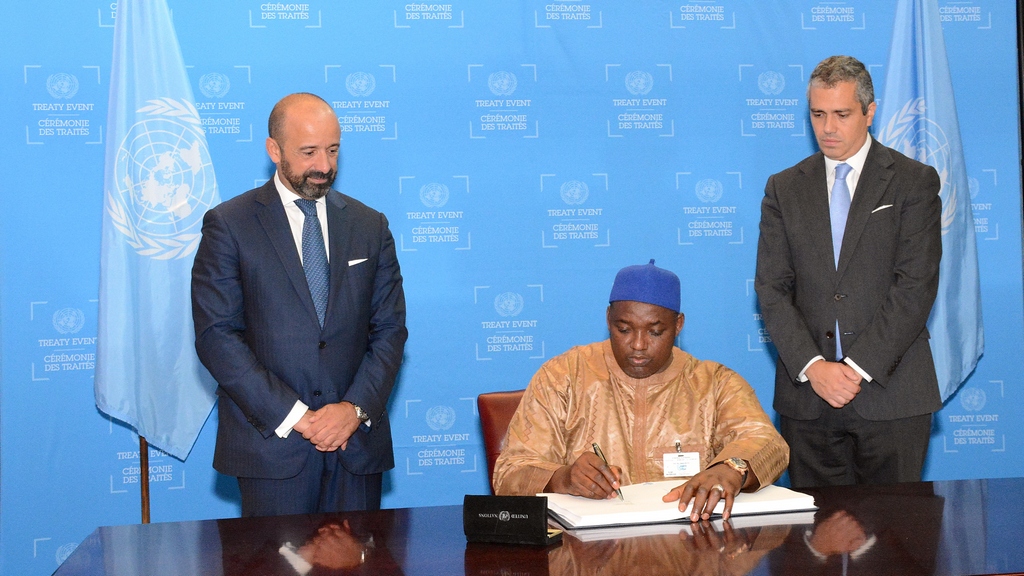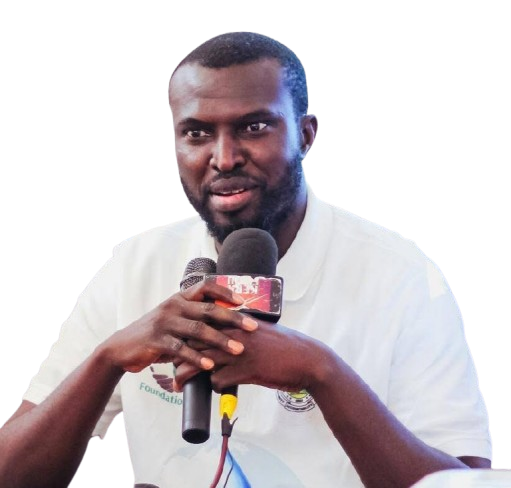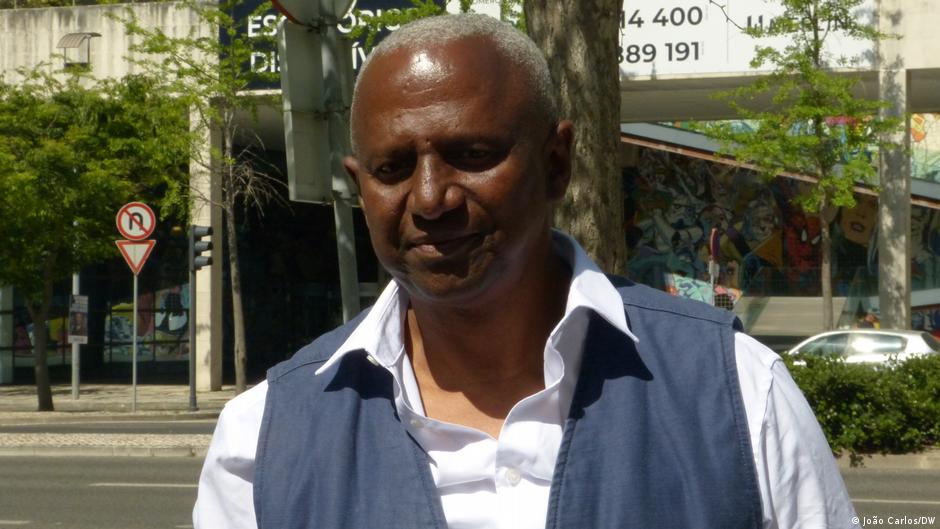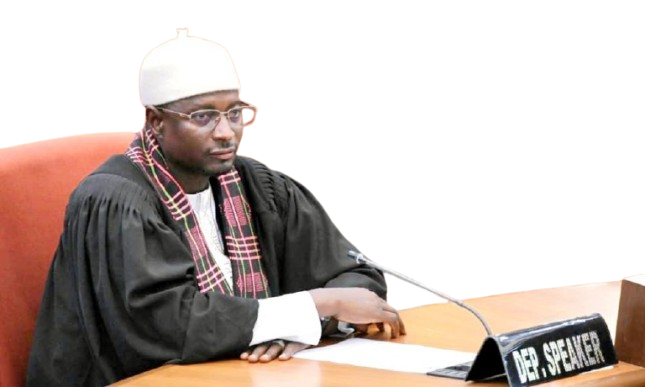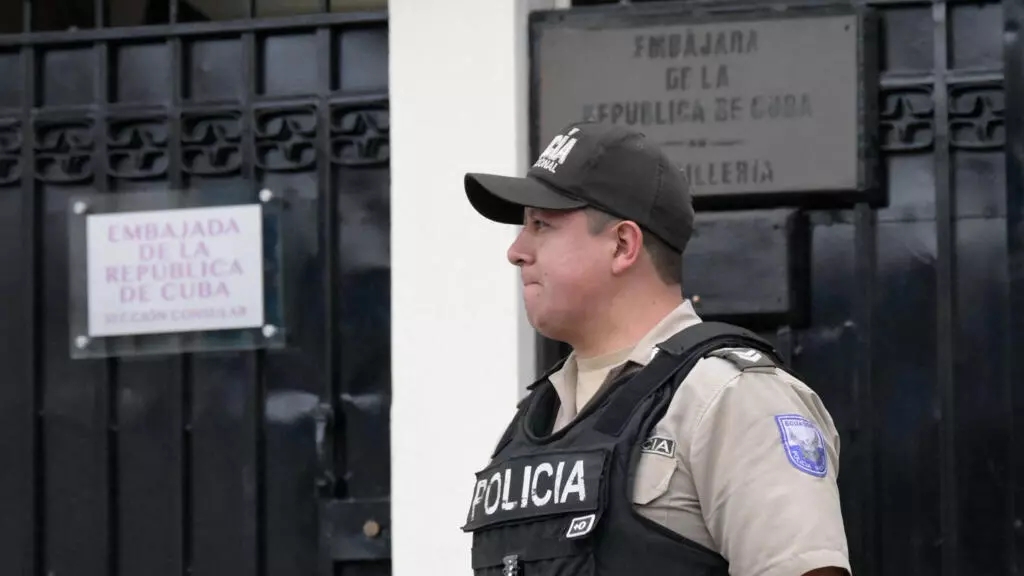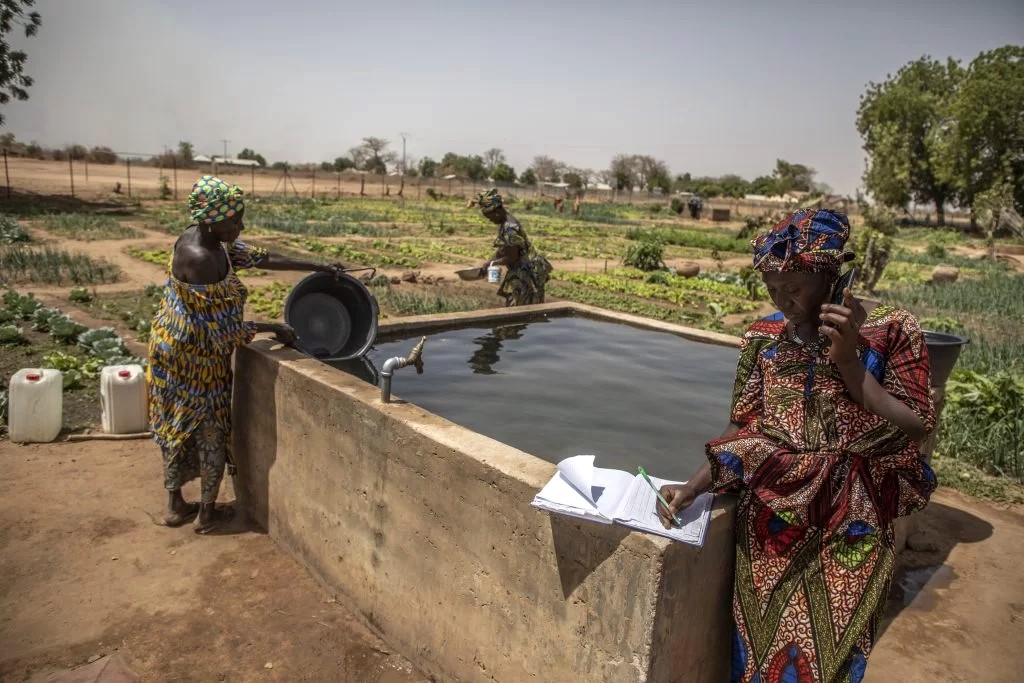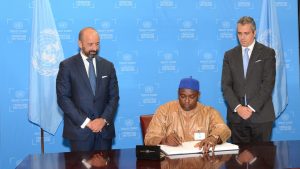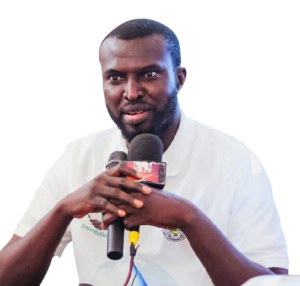Gambiaj.com – (BASSE, Upper River Region, The Gambia) – Despite significant strides toward gender equality in The Gambia, women in rural areas continue to face barriers that hinder their active participation in leadership and decision-making processes. While the Gambian government has signed, ratified, and domesticated various regional and international conventions promoting women’s rights, the reality on the ground tells a different story: women remain significantly underrepresented in national politics and leadership roles.
A recent visit of this reporter in the inner Gambia enabled her to capture the ongoing struggles faced by rural Gambian women in their quest for political participation while highlighting the need for sustained efforts to address the cultural and structural barriers impeding gender equality in the country.
Speaking to this medium, Aja Fatou Sillah, a resident of Basse in the Upper River Region, lamented the marginalization of women in key decision-making spaces. “Women make up the majority of the population, yet we are scarcely represented at the national level,” Sillah noted. She emphasized the need for comprehensive capacity-building initiatives and political sensitization programs to equip women with the necessary skills and knowledge to engage in politics effectively. “To see more women leaders, we need to empower each other and build networks of support. The government must also prioritize this by providing training and resources,” she added.
Sillah’s sentiments resonate with many Gambian women who believe that collective empowerment is essential for overcoming the longstanding cultural and systemic barriers to political participation. “Women have been active players in national development but are still largely excluded from decision-making processes,” she continued. According to her, this exclusion is a product of deep-seated gender biases that persist within the country’s political landscape.
Aja Neneh Darboe, a former councilor of Basse Mansajang Ward, echoed these concerns, highlighting how the erosion of women’s participation in politics has stunted progress in gender equality. “For too long, women have been confined to roles of dancers and clappers for politicians. It is high time we take up leadership positions and become fully represented in decision-making bodies,” Darboe remarked. She revealed that women in the Upper River Region are now committed to supporting each other in securing leadership roles and are even contemplating forming their own political party if existing structures fail to accommodate them. “The reluctance women once had towards politics is fading as more capacity-building training and sensitization efforts take root in our communities,” Darboe added.
In her reflections, Darboe urged the government to introduce a quota system for political parties to guarantee women’s participation in key decision-making processes. She stressed that without such structural interventions, women’s political engagement would remain minimal.
Adding her voice, Aja Fatou Danso, the Alkalo of Basse Kabakama, underscored the unique role that women can play in representing their communities and advancing national development. “Women are in a better position to advocate for the needs of other women, especially in areas like health, education, and economic empowerment. Yet, we are still struggling with barriers such as patriarchy, illiteracy, and restrictive socio-cultural and religious beliefs,” Danso said. According to her, these barriers are particularly pronounced in rural areas, where traditional norms often dictate the extent to which women can engage in public life.
The Gambian government has made notable progress in promoting gender equality through policy frameworks and legal reforms. The National Gender and Women Empowerment Policy, for instance, aims to increase women’s participation in all spheres of public life. However, implementation remains a challenge, particularly in rural communities where access to education and resources is limited. The low representation of women in Parliament, local councils, and key government positions reflects the deep-rooted disparities that continue to disadvantage women.
In recent years, there have been calls from civil society organizations and advocacy groups for greater political representation of women, particularly through affirmative action measures like gender quotas. The ongoing transitional justice process in The Gambia, which aims to address past injustices and build a more inclusive society, presents an opportunity for the government to implement more effective strategies to ensure women’s full and equal participation in political life.
As rural women like Sillah, Darboe, and Danso push for change, it is becoming increasingly clear that achieving gender parity in politics requires more than just policy commitments—it demands a cultural shift that values and recognizes the contributions of women at every level of society.
For Gambian women, the journey toward equal representation is far from over, but their growing determination suggests that change is not only possible but inevitable.



